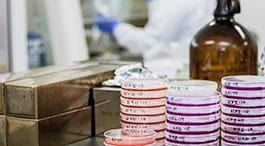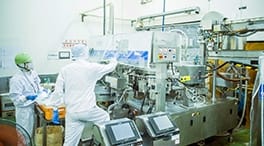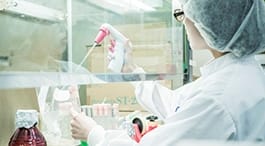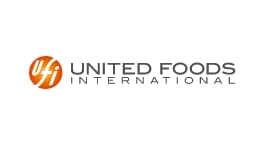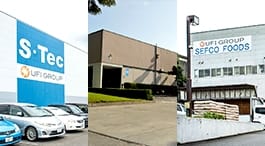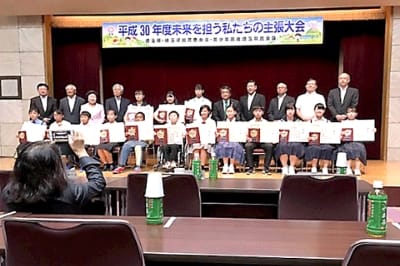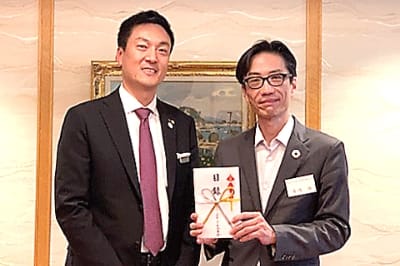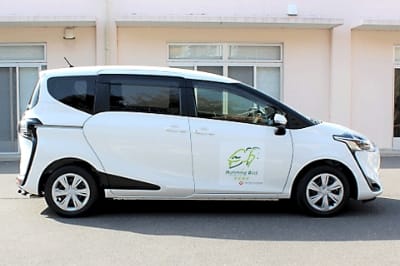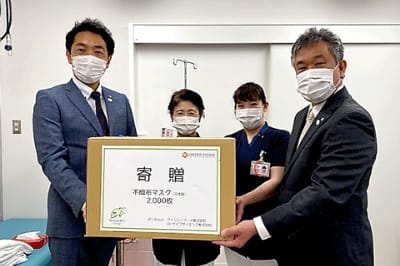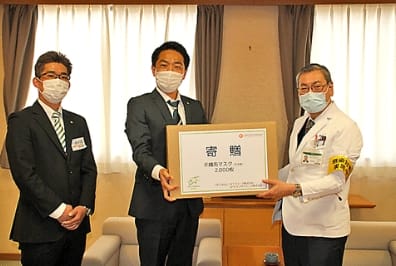Enrich the lives
of people around
the world through food
Based on this corporate philosophy,
UFI will contribute to realizing a sustainable society
through its business activities.
UFI prioritizes its contributions to the society and the environment. We have been contributing to policies combating climate change through the use of renewable energy and efforts to improve energy efficiencies.
Additionally, we place emphasis on diversity and inclusion, and we have been actively promoting women and minorities in the workplace to meet our social obligations. Further-more, we are developing local services activities and educational support programs to partner with the communities that we are in. Through contributions to both the preservation of the local environment and solutions to social problems,we aim to create our value in society and develop continuously.
Our purpose is to contribute to a sustainable society.
Based on that ideal, we promise to take our technology and passion and apply them to solving the world’s problems in order to build a better, brighter future.
We humbly ask for everyone’s support and cooperation in this venture.
Hiroyuki Aoki,President
Efforts by the UFI Group to address social issues
The UFI Group is making concerted efforts to achieve the 2030 Sustainable Development Goals (SDGs) and 2050 carbon neutrality, which are common global issues, as well as to contribute to the community around our facilities and sponsor events related to the education of the next generation.
These activities are based on our basic stance of “contributing to society through our business activities” to realize a sustainable society.
In addition, by utilizing ESG management that addresses the three core factors – “Environment,” “Social,” and “Governance” -, we strive to contribute to solving social issues while simultaneously increasing corporate value,- so that we can be part of building a society where sustainable development is possible.
ESG policy
The UFI Group’s ESG philosophy is to contribute to the sustainable development of society by implementing its corporate philosophy through honest and fair business activities.
-
We will identify various environmental and social issues from a global perspective, not just from a Japanese perspective.
As a result, we will create and provide value to solve them through our business activities. - We will constantly assess the impact of our business processes on both the environment and the society, and will continue to make improvements to spread positive impact to the society.
- We will constantly review our activities to ensure that we respond appropriately to society’s requests through communication with stakeholders.
UFI Group
sustainability targets
| Expanding contributions in six areas | Honest and fair business activities (CSR)+ Business activities aimed at long-term growth (ESG) |
|---|
Installation of Carbon Neutral Vending Machines
Introduction of our Waste Heat Reusage System
Development of Upcycled Food Products
Promotion of Diversity and Value of Impartiality
Initiatives for the 2024 Fiscal Year
Installation of Carbon Neutral Vending Machines
Based on a yearly energy usage of vending machines that corresponds to the Renewal Energy Non-Fossil Certificate*, we are installing carbon neutral vending machines that can achieve real zero CO2 exhaust during their operating hours.
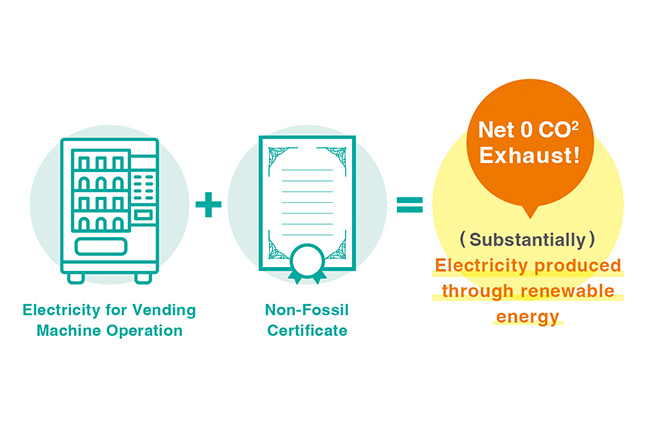
Introduction of our Waste Heat Reusage System
What are economizers?
Economizers are also called coal economizers, and they are machines to exchange heat between the exhaust gas and water supply. By raising the temperature of the boiler water supply we can reduce cost of heating.
Additionally, it also acts as an equipment that returns drain water from the boiler to the feedwater tank to be used at the boiler as reuse (warm) water, reducing both the amount of gas and water that are used.
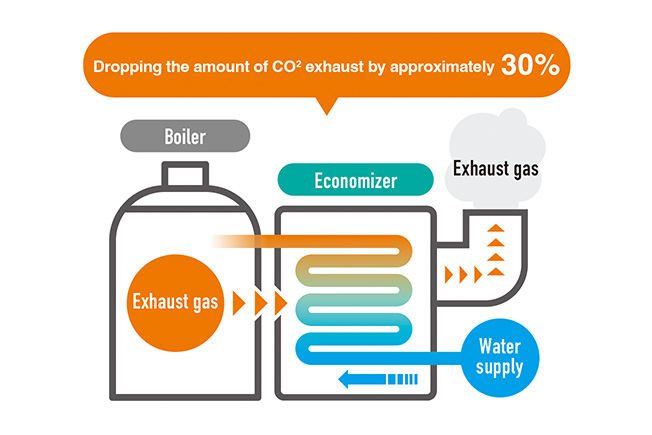
Development of Upcycled Food Products
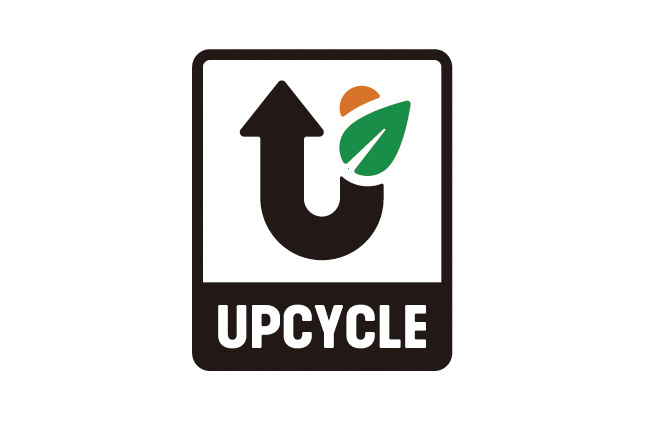
Promotion of Diversity and Value of Impartiality
- Recruitment of people with diverse backgrounds
- Thorough implementation of equal pay, for equal work
- Realization of gender equality
- Increase in the percentage of female managers
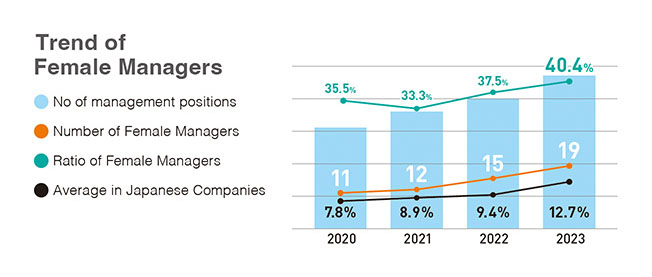
Activities of the Humming Bird
Future Foundation

The UFI Group supports the philosophy of the Humming Bird Future Fund and is engaged in social contribution activities to realize a sustainable society.
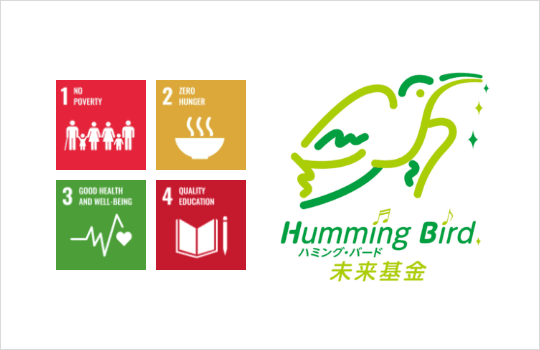
Activities of the Humming Bird Future Foundation (former Children’s Future Fund)
-
2013
- August
- Fund-Raising for the Training of Guide Dogs: New community service activity launched
-
2017
- Thursday, May 26
- Kick off meeting of promoters for “Kodomo Mirai Kikin (Children’s Future Fund)”.
- Friday, June 23
- Support for children who need special surgeries, such
as those to repair cleft lips or palates
Donations to NPO, Tokyo Smile Foundation 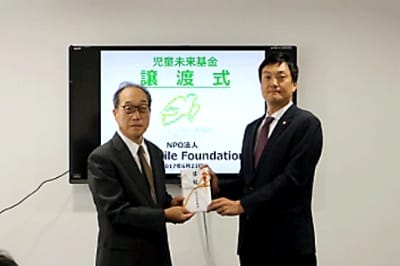
- Tuesday, December 12
- Meeting of Promoters
Donated to support the activities of Tohto Club Keiyo Boys
- Thursday, December 21
- Donated to support the activities of the Lilac Boys and
Girls Choir
(Choir performed and sang at the 103rd Smile Event) 
-
2018
- Saturday, March 29
- Round 2: Support for the Lilac Boys and Girls Choir
- Thursday, May 18
- SAKURAJOSUI KITCHEN GRAND OPENING (fund-raising campaign)
- Wednesday, July 18
- Supported children affected by heavy rain in eastern Japan
- Thursday, December 21
- Donated to support the activities of the Lilac Boys and
Girls Choir
(Choir performed and sang at the 103rd Smile Event)
- Saturday, August 25
- Youth Advocacy Competition
Organizer: Saitama Prefecture, Saitama Prefectural Board of Education, Saitama Prefectural Assembly for Youth Development 
-
2019
- Tuesday, January 1
- Newly named “Humming Bird Future Fund” from “Kodomo Mirai Kikin (Children’s Future Fund)”.
- Thursday, February 21
- Inaugural UFI Carnation Meeting: Humming Bird Future
Fund
Round 2: Support for children who need special surgeries, such as those to repair cleft lips or palates
Donations to NPO, Tokyo Smile Foundation
- Sunday, August 25
- FY 2019
Cosponsored “Mirai wo Ninau Watashitachi no Shucho” (Youth Advocacy Competition)”
Organizer: Saitama Prefecture, Saitama Prefectural Board of Education, Saitama Prefectural Assembly for Youth Development
- Thursday, September 26
- Fund-Raising for guide dogs implemented at UFIUSA’s 30-year anniversary party.
-
2020
- Wednesday, February 12
- The 3rd Annual UFI Carnation Meeting: Humming Bird Future Fund

-
- Support for children who need special surgeries, such as those to repair cleft lips or palates Donated to NPO, Tokyo Smile Foundation
- Create a society in which no one is left behind Support for children’s cafeterias Donated to NPO, Musubie National Children’s Restaurant Support Center
- Sunday, August 23
- FY 2020
Cosponsored “Mirai wo Ninau Watashitachi no Shucho” (Youth Advocacy Competition)”
Organizer: Saitama Prefecture, Saitama Prefectural Board of Education, Saitama Prefectural Assembly for Youth Development
- November 5
- “Asahien”, a facility for the disabled (Kagawa Prefecture): Donated to support the introduction of welfare vehicles for transportation

-
2021
- April
- UFI Life Science Co., Ltd. Surgical Masks (made in
Japan)
Donated to Tsuchiura Kyodo Hospital, Ryugasaki Saiseikai Hospital, and Kohei Hospital -


- Sunday, August 22
- FY 2021
Co-sponsored “Saitama Prefecture Youth Advocacy Competition”
Organizer: Saitama Prefecture, Saitama Prefectural Board of Education, Saitama Prefectural Assembly for Youth Development
-
2022
- March
- Charity fair ( portion of proceeds donated) at Fancy Foods Factory Outlet Store ( March 23 – 25)
-
2023
- May
- Received a commendation from Governor Motohiro Ono of Saitama for contributions made to the Youth Advocacy Saitama Convention Fundraiser for 5 consecutive years
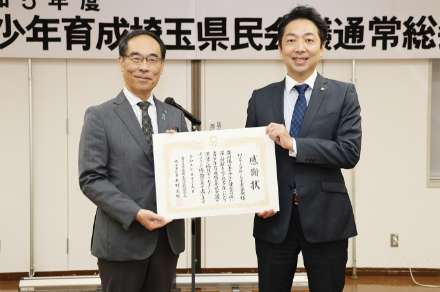
- August
- Co-sponsored FY2023 Saitama Prefecture Youth Advocacy Competition
-
2024
- February
- Donated funds to the NPO Smiles from Tokyo to Asia
Other contributions to society
- Donations to pediatric cancer patients and patient family support group, Minna no Lemonade no Kai
- Donations to 3Keys, NPO supporting children suffering from abuse and poverty

